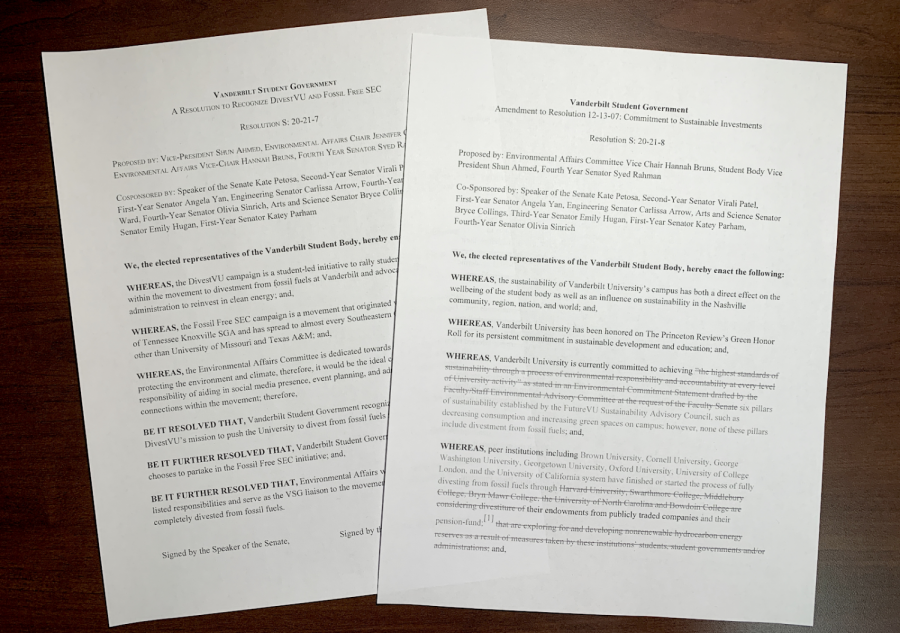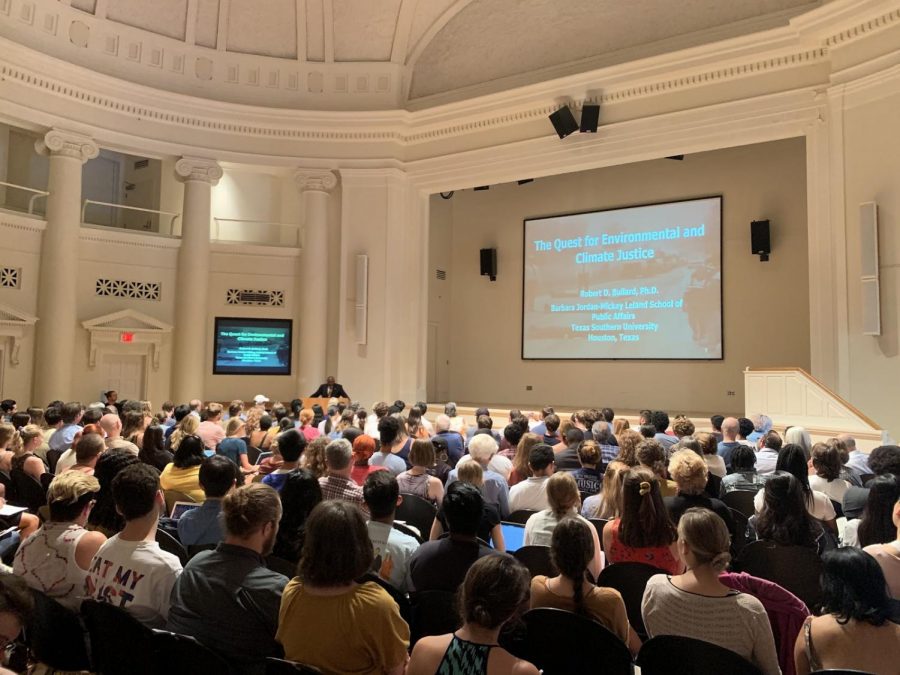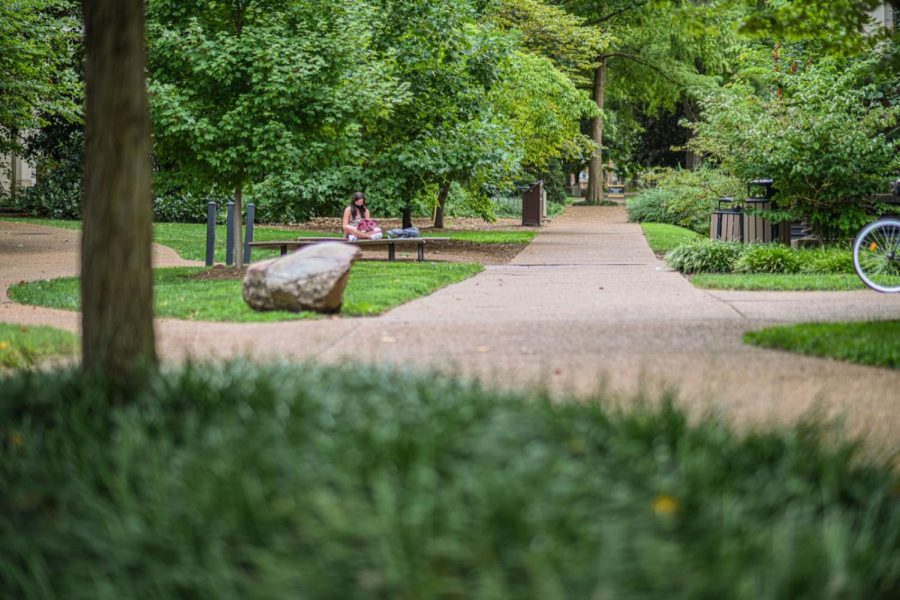On June 12, 2020, the Director of the Recreation and Wellness Center indefinitely suspended the Outdoor Recreation Center (ORC) and abruptly fired Linda Rosenkranz, its founder and director for 30+ years. While it may be understandable to temporarily close the ORC in response to COVID-19 pandemic, Linda said over email that she had been fired permanently (rather than furloughed like many of her colleagues), and the future of the ORC is uncertain.
On its own, this move has sparked outrage among countless students such as myself who have explored Tennessee’s wild forests, mountains, lakes, streams and caves through the ORC’s adventure program and experienced Linda’s extremely capable leadership. But taken together with other events, Linda’s removal and the suspension of ORC is just another step in Vanderbilt’s ongoing failure to achieve ecological and sustainability learning outcomes on campus.
One example of this failure is Vanderbilt’s neglect to divest its endowment from fossil fuels, despite the action of thousands of students and faculty going back to 2012 and similar commitments by peer institutions like Brown, John Hopkins and Boston University. From my own experience, excellent academic programs in Ecology and Environmental Sociology are shamefully underfunded and understaffed compared to other majors. Not to mention, Vanderbilt completely lacks a major in Environmental Studies which at least 525 other schools support because it is fundamental to understanding the literature and history of the environmental movement
On-campus environmental resources are also under fire.
Last year, the Vanderbilt Greenhouses, a stunning collection of rare plants collected from all over the world, were permanently shuttered to make way for unannounced lab renovations. And now, the ORC, the university’s single largest investment in outdoor recreation, has been indefinitely canceled and its founding leader fired.
Individuals who lack access to the outdoors are less likely to develop an environmental consciousness and cannot interact with and appreciate many facets of the natural world. The ORC is one of Vanderbilt’s main institutional resources for outdoor exploration, offering an astounding array of outdoor gear, weekend and holiday outdoor excursions, and courses in Wilderness First Aid, Kayak Safety, Climbing Essentials, among others. Thus, firing Vanderbilt’s most dedicated outdoor professional and closing the ORC directly impedes exposure to the outdoors and development of an ecological consciousness among students, in addition to the more obvious negative impacts on the mental and physical health of many in the Vanderbilt community.
Some progress has been made in institutional sustainability, especially in the recently announced renewable energy project to offset much of our carbon footprint and in efforts by Campus Dining to source more sustainable foods and products. But frankly, our most aspirational sustainability goal of Carbon Neutrality by 2050 is tepid at best and on par with such fossil fuel giants as BP, while the most environmentally progressive colleges achieved carbon neutrality years ago.
The very resources that made Vanderbilt attractive to me as an incoming environmental student are being stripped away at a time when they are needed more than ever. Reinstating Linda and reopening the ORC is an important first step in restoring environmental resources on campus, but it must not stop there. Divesting the endowment from fossil fuels, fully funding environmental curriculum, and reopening a space for botanical science would prove that the administration values environmental students and research. Vanderbilt can and must do better if it plans to attract environmental leaders and help address the great ecological crisis of our time.










Disgruntled Alumni • Aug 15, 2021 at 5:03 pm CDT
A year later and I’m still livid about this.